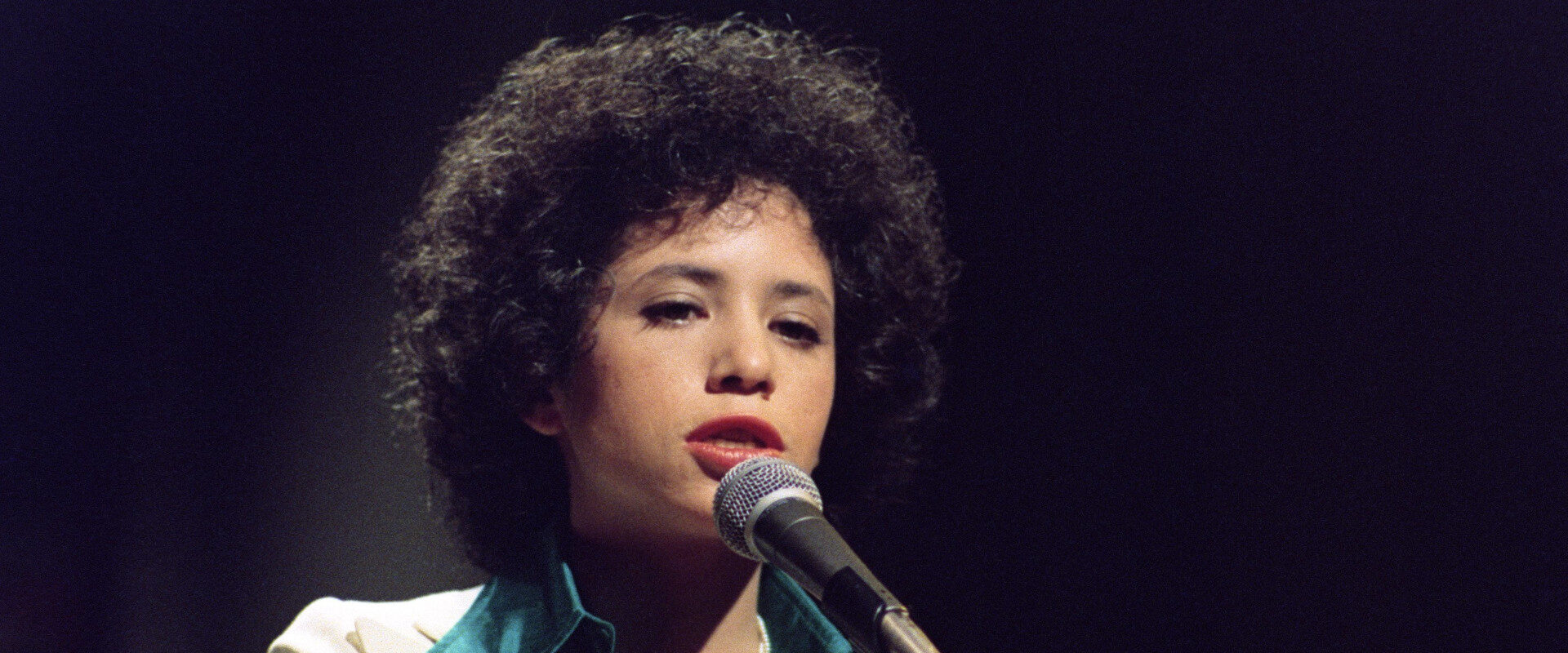The singer/songwriter movement in the music world started to take hold in the early 70s. By the middle of the decade, it reached an undeniable peak. 1975, in particular, featured a slew of tunesmiths who broke out with unforgettable songs that crossed over to the mainstream. We could have made this list much longer if we chose to do so. But we’re focusing instead on these four classics from singer/songwriters that made their mark on the pop charts in that memorable year of 1975.
“At Seventeen” by Janis Ian
Ian had scored a major 60s hit while still a teenager with “Society’s Child (Baby I’ve Been Thinking)”. For a few years afterward, she struggled to regain that kind of commercial footing. Things started to turn her way when she simply focused on writing the songs that were in her heart, instead of worrying about how the industry might receive them. “At Seventeen” stood out at the time in the way that it put the focus on the outsider, something you didn’t often hear from songs that became hits. It caught fire and rocketed Ian to No. 1 on the pop singles charts. Not only was the song a ringing success, but Between The Lines, the album that contained it, now stands as an undeniable classic of the genre.
“Cat’s In The Cradle” by Harry Chapin
There’s an episode of the wonderful sitcom Modern Family where a male character claims never to have heard Harry Chapin’s most famous song, which went all the way to No. 1 in 1975. The other men around him describe the song in somewhat unflattering terms, and one finally plays it. By the end of the song, all the men are crying and making plans to go see their sons. That kind of summarizes its strange power. “Cats In The Cradle” began with a poem that Chapin’s wife, Sandra, had written. Harry later claimed that he drew from his feelings of guilt about always being on the road, meaning he constantly had to leave his own young son behind.
“Wildfire” by Michael Martin Murphey
Murphey’s biggest hit has long confounded listeners as to what exactly is going on with the story. He actually made a brilliant decision in leaving so much out of the narrative. It allows the listener to fill in the gaps. That wouldn’t have occurred if we were spoon-fed the entire tale. The songwriter claimed that he was inspired by Native American tales of ghost horses. There’s an undeniable sense of tragedy that looms over the track. But the ultimate feeling that comes through is one of resilience. When the main characters promise to ride off on Wildfire at the end of the song, it can convince you that even death itself is no match for the power of the spirit.
“Poetry Man” by Phoebe Snow
Snow’s biggest hit proved to be something of a double-edged sword for her career. She recorded it in a jazzy style after other attempts to frame the song in other genres failed. That jazzy feel helped “Poetry Man” stand out from its competition on the radio. On the other hand, it pigeonholes her a bit in that style, even though she proved in her subsequent releases that she could do a lot more. Nonetheless, “Poetry Man” still stands out for its frankness. The title character is a married man with whom the narrator is having relations. And, no, the song is not a reference to a secret dalliance between Snow and Jackson Browne. She has long since debunked that urban legend.
Photo by Herb Ball/NBCU Photo Bank
